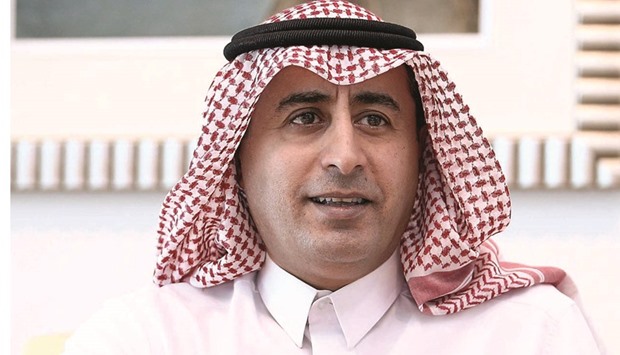Qatar is experiencing a distinctive economic phase during its transition away from reliance on hydrocarbons and towards a diversified knowledge-based economy under the National Vision 2030. Low oil prices have not harmed the economy to the extent seen in other oil and gas exporting countries, but instead cheap oil has shown the foresight and wisdom of the government by launching the Vision as early as 2008. Qatar has a sizeable head start in developing its private sector compared to its GCC neighbours who are now scrambling to implement reforms to adapt to new economic conditions.
One of the key statistics indicating Qatar’s progress in diversifying its economy is that while hydrocarbon growth was flat in 2016, non-hydrocarbon sector growth was around 6.5% in comparison. This is consistent with trends observed over the last few years as Qatar’s private sector goes from strength to strength, providing an ever-increasing contribution to the economy, expected to be around 65 to 70% of GDP for 2017.
Private sector growth is led by top-down government spending, but Qatar’s private sector is much stronger than this simple fact alone suggests. As implementation of the National Vision 2030 progresses and the second National Development Strategy 2017-2022 takes form, we are entering a new phase of economic maturity with a business environment that is conducive to private sector growth and attracting foreign investment, characterised by increased efficiency and competition.
We can see this reflected in various independent classifications issued by specialised international institutions. Qatar is ranked 18th out of 138 countries in the World Economic Forum’s Global Competitiveness Index; 7th globally and first in the Arab World in terms of ease of doing business; and 13th in the competitiveness report issued by the International Institute for Management Development in 2016 among the 61 countries assessed.
The reasons for these high scores are due to Qatar’s strong competitiveness, robust macroeconomic framework, ease of access to loans, and good physical and intangible infrastructure. Qatar has also made substantial progress in efforts to reduce red tape and enact more business-friendly policy and regulation such as the new Commercial Companies Law. Government institutions such as Qatar Development Bank have also made tremendous progress in encouraging the growth of SMEs and entrepreneurship in Qatar.
We are experiencing greater competition and efficiency in the market, with companies both initiating change themselves or reacting to our new economic reality. In the banking sector, talks are underway between Masraf Al Rayan, Barwa Bank and IBQ about a potential merger, given that a total of 18 local and international local banks are all competing to serve a population of 2.6 million people.
Qatargas and RasGas are integrating together this year to become the world’s biggest LNG company, leading to substantial operational efficiencies and cost savings by create a single, more competitive entity. In government too, the Minister of Finance HE Ali Sherif al-Emadi suggested savings could be achieved, with lower oil prices providing an opportunity to achieve further efficiency, especially in the operating costs of various government departments.
To conclude, Qatar is on track towards achieving the strategic goal laid out in the National Vision 2030 of a diversified economy. Stimulus for a healthy and growing private sector has come from top down government spending but we are entering a more mature phase of development where the legislative and physical environment created by the government is encouraging a more open and competitive economy from the bottom up.
Low oil prices have accelerated Qatar’s drive towards greater competitiveness and efficiency, which in the long-term will help ensure the successful realisation of the economic pillar of the National Vision 2030.

Dr Abdulaziz A al-Ghorairi is senior vice-president, group chief economist and head of asset management at Commercial Bank.
